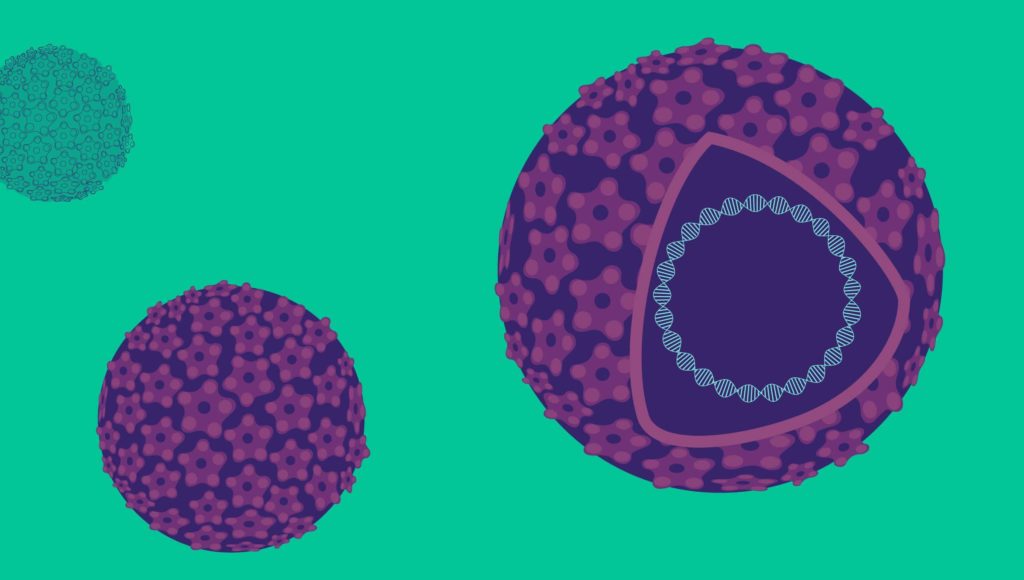
This post was written by Laura Anderson, MSN, WHNP-BC, FNP-BC, APNP, a Board-Certified Women’s Health and Family Nurse Practitioner at the Beloit Area Community Health Center.
Studies prove vaccination extremely effective in preventing high-risk strains
The Human Papilloma Virus (HPV) contains more than 150 different strains of virus that infect the skin and other tissues. Some of these strains cause warts on the hands and feet and others cause genital warts or cancers. According to the Centers for Disease Control (CDC), 14 million people are newly diagnosed each year with sexually transmitted HPV and almost all men and women will become infected with one strain in their lifetime.
HPV is highly contagious and is transmitted from direct skin to skin contact from an infected person. Transmission can also occur when an infected person has no visible symptoms. In fact, most people with HPV have no signs or symptoms. When warts are present, they may appear as small or large bumps and can be either raised or flat. In women, certain strains can overtime cause cervical cancers and in men, anal or penile cancers. HPV can also cause cancer of the throat in both sexes.
For women, your medical provider can screen you for HPV and check for precancerous cells during your Pap test and HPV test. In men, a visual examination by your provider can identify warts and a swab sample of cells can screen for anal cancer.
Treatment of HPV
In most cases, the body clears most HPV infections naturally. Vaccination is strongly recommended in adolescents as early as nine years of age to prevent HPV. Up until October 2018, vaccination was only recommended for people under 26 years of age. Now, adults through the age of 45 can be vaccinated and studies have proven that vaccination has been extremely effective in preventing the high-risk strains of HPV transmission.
Your healthcare provider can treat genital warts in office with cryotherapy or with prescription medications. Cervical cancer is preventable if precancerous cell changes are detected and treated early, before cervical cancer develops.
In Wisconsin, vaccination rates for HPV have been extremely low with only 3 out of 10 girls and only 1 out of 10 boys between the ages of 13-17 being vaccinated. Your healthcare provider can provide the best recommendation regarding your child’s health and answer any questions.













